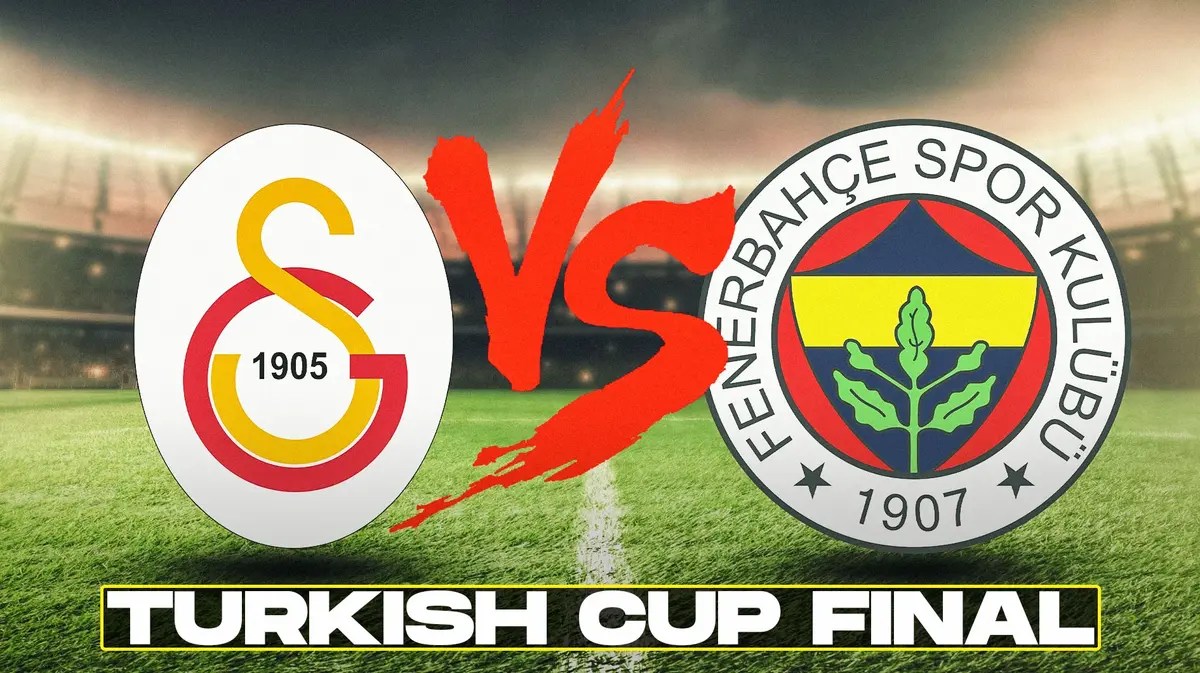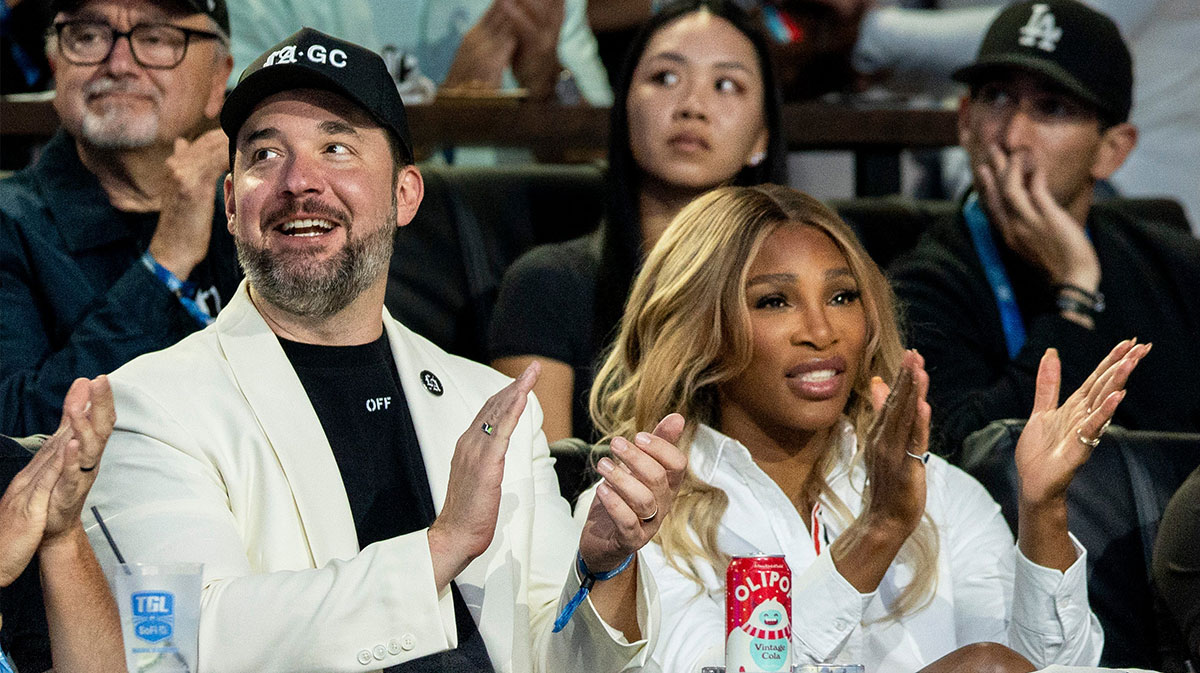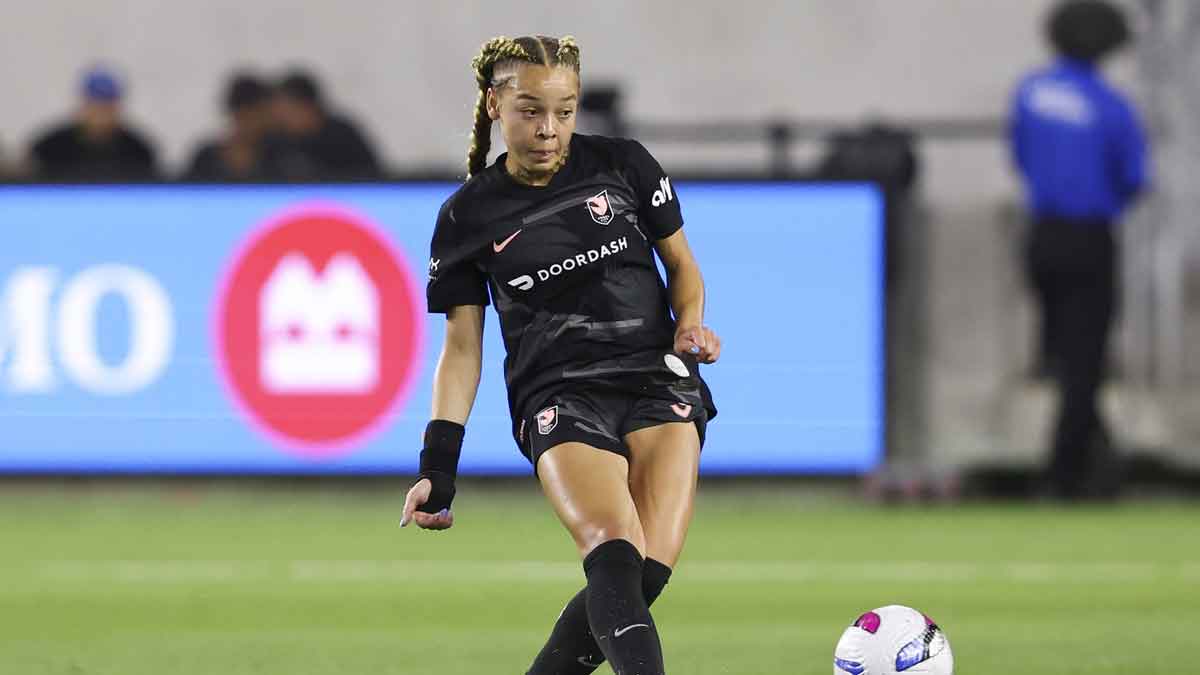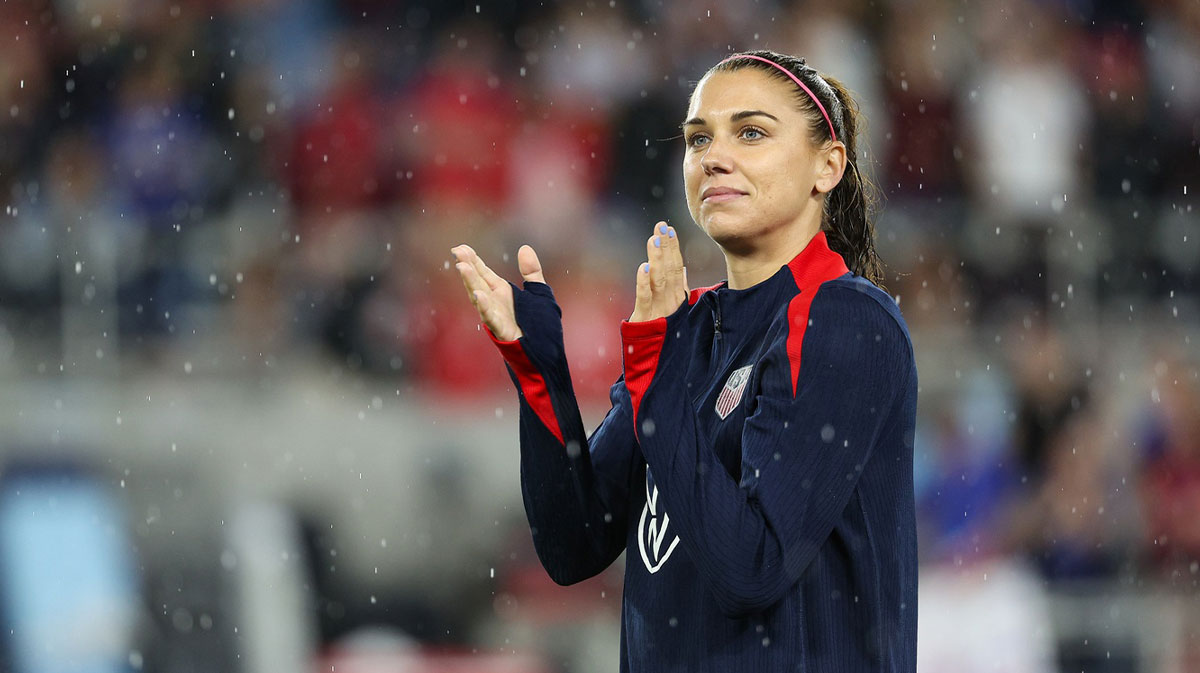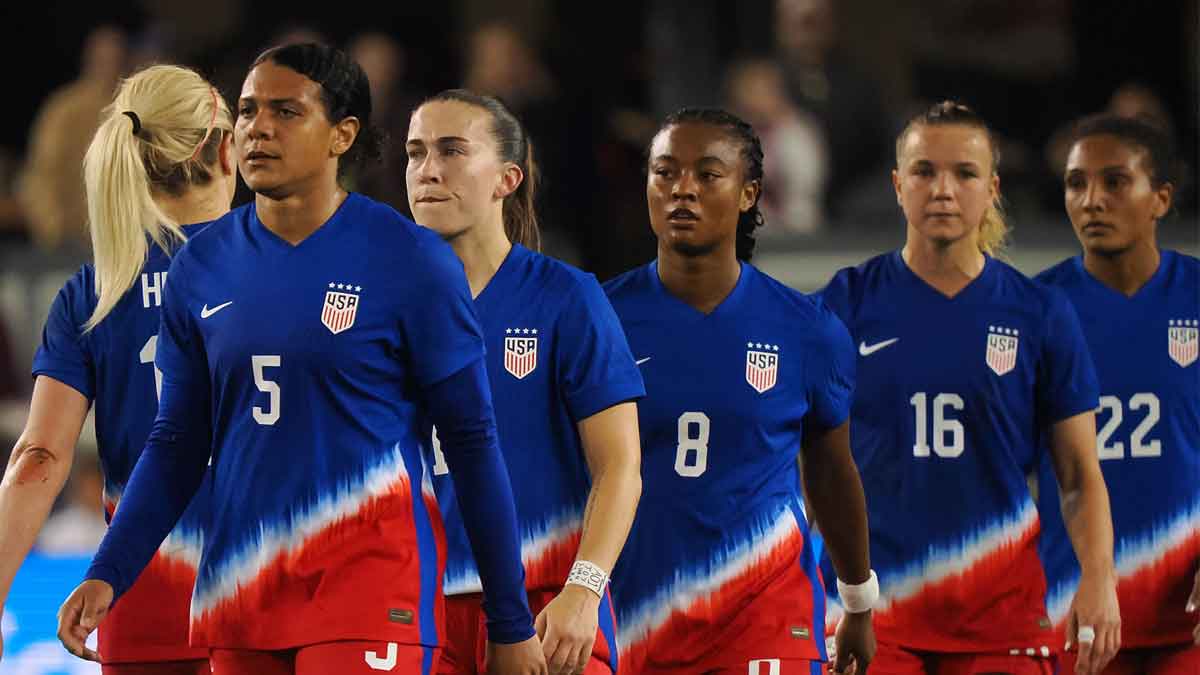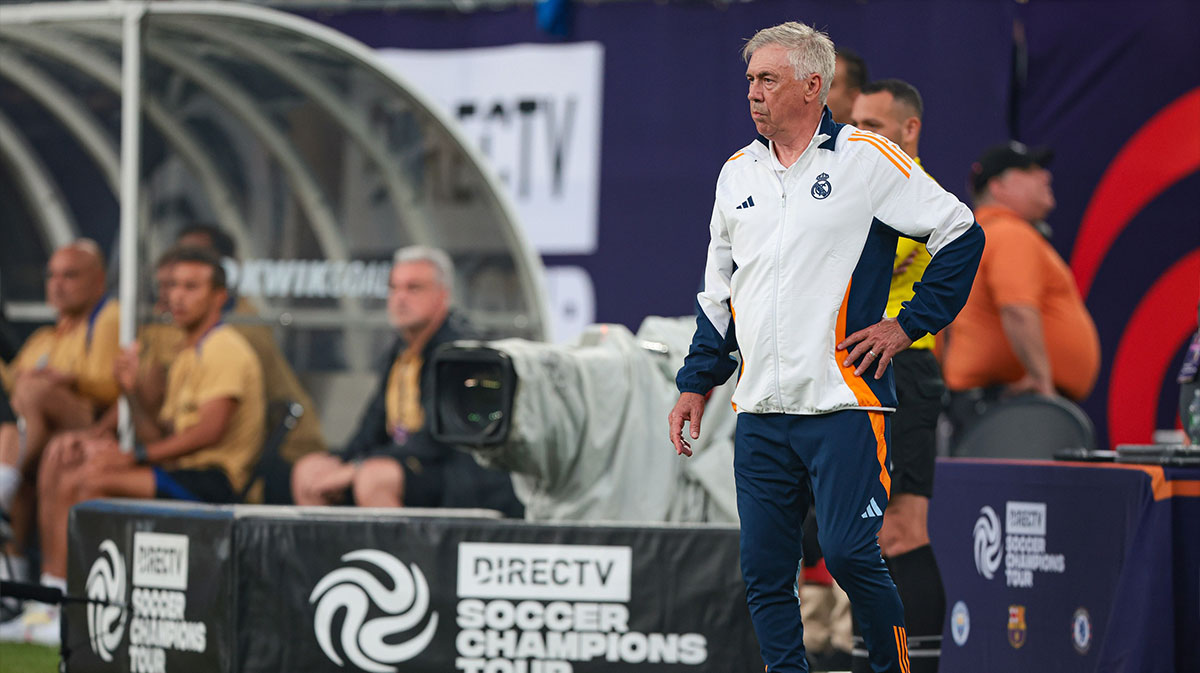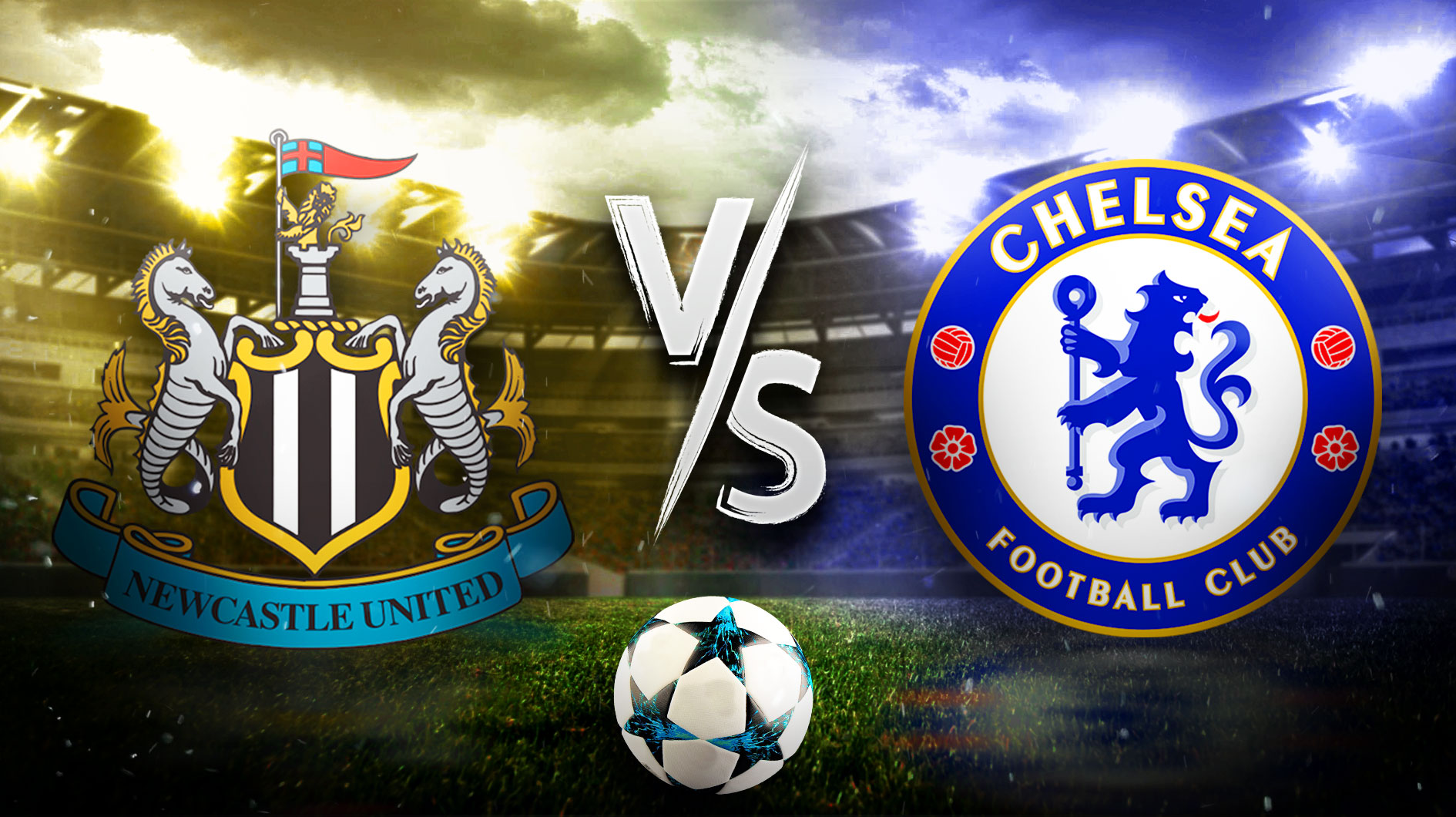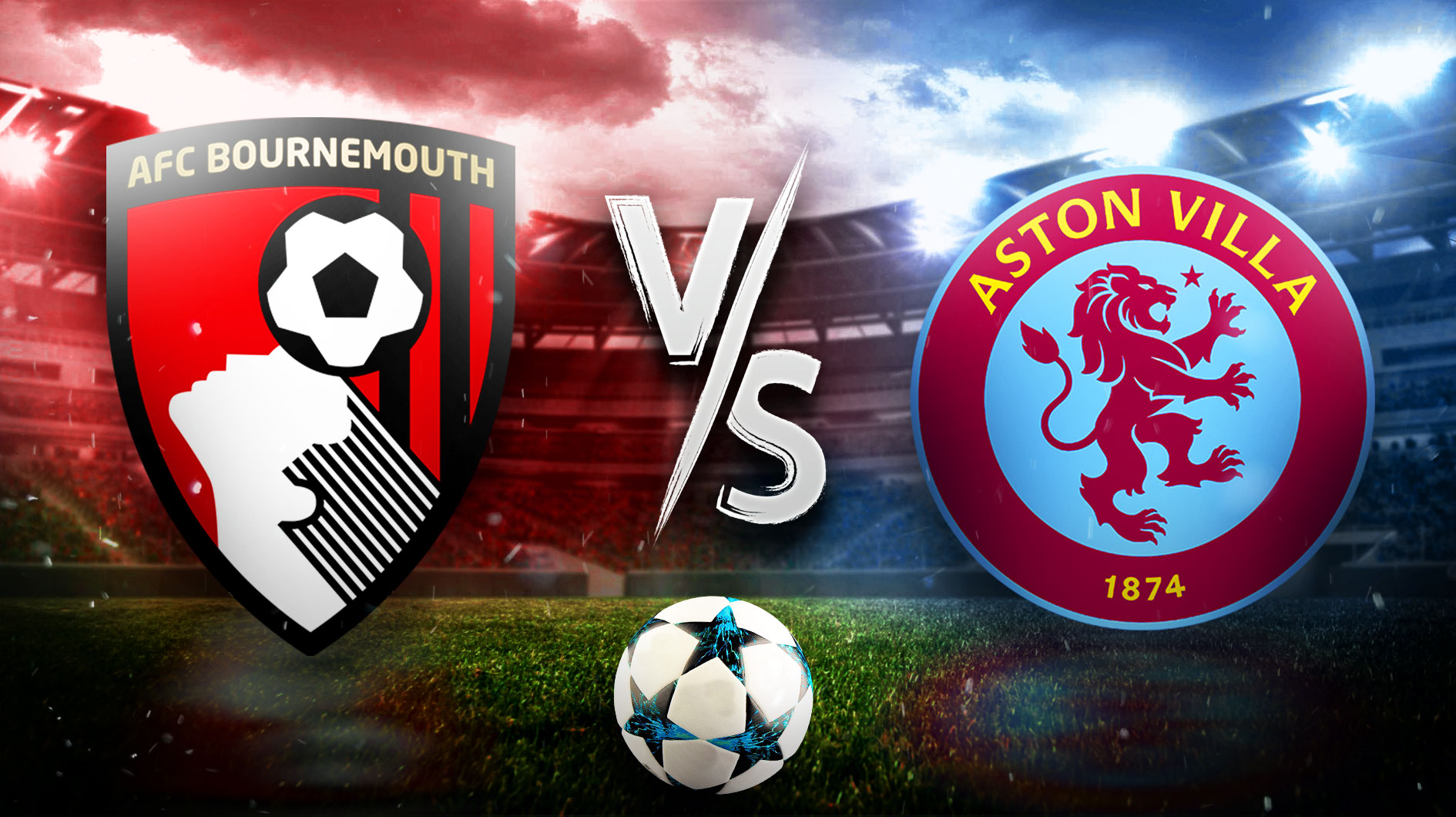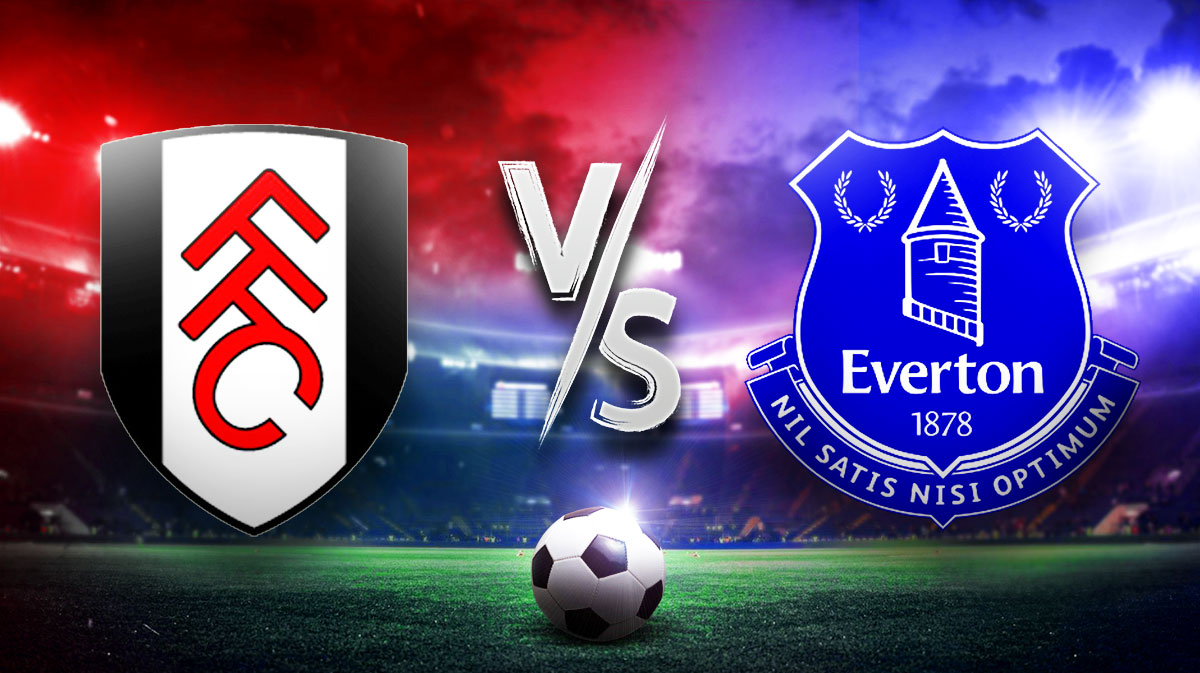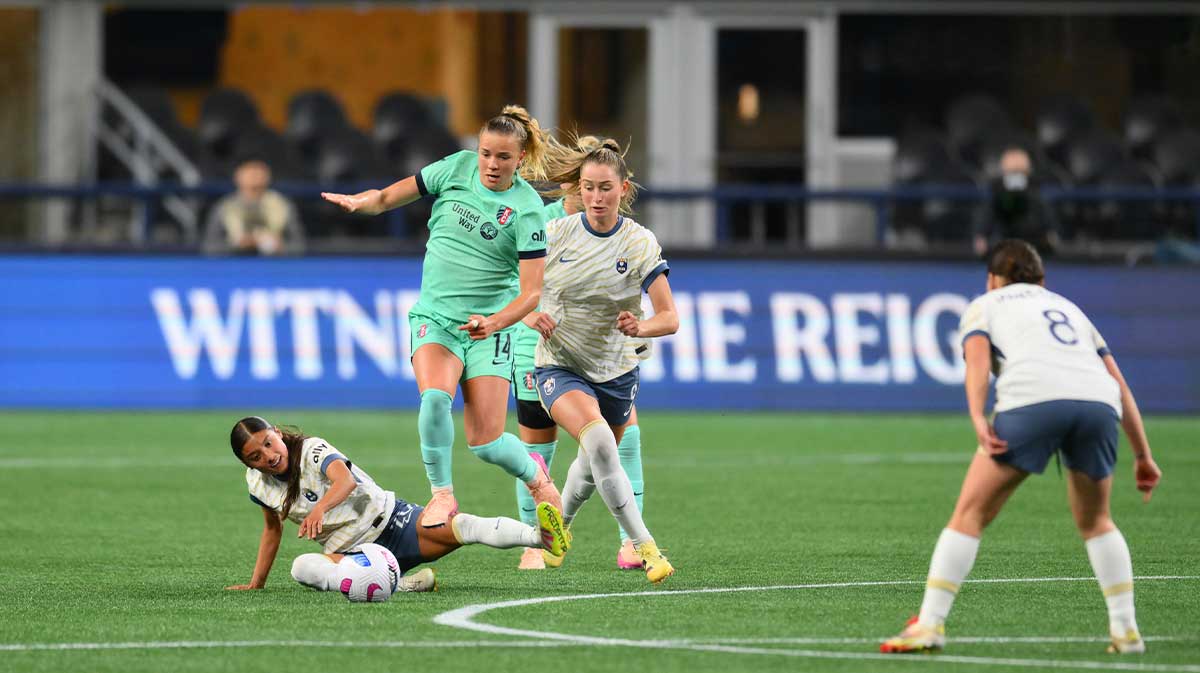Turkish football was thrust into disarray as the highly anticipated clash for the Turkish Super Cup between Galatasaray and Fenerbahce plummeted into chaos, resulting in a last-minute cancellation. The standoff, centered around the prohibition of Ataturk banners and t-shirts, culminated in both teams refusing to grace the field at the Al-Awwal Stadium in Riyadh.
Reports emerging from Turkey underscored the steadfast stance of both Galatasaray and Fenerbahce as they stood unified against the ban on symbols commemorating Ataturk, the founding father of modern Turkey. This unyielding protest disrupted the eagerly awaited final and highlighted the deeply rooted significance of Ataturk's legacy within Turkish culture.
The impasse saw players remaining within the confines of their hotels, effectively boycotting the match and prompting an unexpected turn of events. Amidst the standoff, reports suggested that club officials arrived earlier to prepare for the game and departed the stadium with kits and equipment, signaling the definitive halt of the much-anticipated encounter.
This abrupt cancellation added another turmoil to Turkish football, which is already reeling from recent disruptions. The decision to postpone all domestic matches arose from a shocking incident where a club president assaulted a referee during a Super Lig fixture. While the domestic league briefly resumed before the winter break, this Super Cup saga was a stark reminder of the underlying tensions and issues within Turkish football's governance and operations.
As fans and officials grapple with the fallout of the canceled Super Cup, questions linger about the future of football in Turkey and the need for resolutions that balance tradition, respect for cultural symbols, and the smooth functioning of the sport. The unforeseen turn of events dampened the spirits of eager football enthusiasts and spotlighted the complexities and sensitivities intertwined with Turkish football's landscape.
